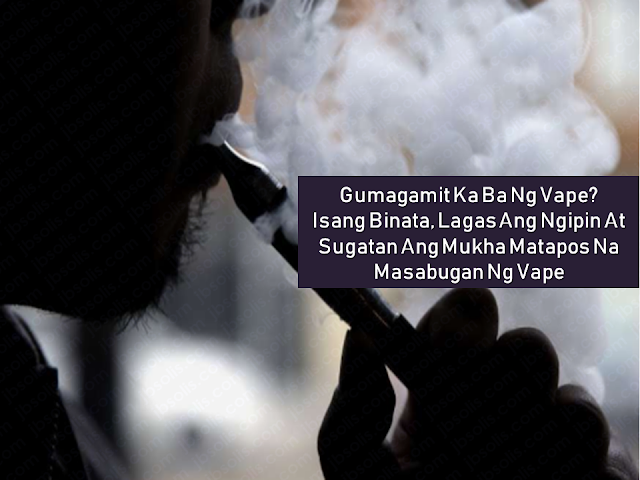The kafala or sponsorship system is a system used in monitoring migrant laborers who are working primarily in the construction and domestic sectors in Middle Eastern countries such as Bahrain, Iraq, Jordan, Lebanon, Kuwait, Oman, Qatar, Saudi Arabia, and the UAE. Attributed to modern-day slavery that puts expatriate workers including overseas Filipino workers (OFW) deployed as household service workers (HSW) vulnerable to abuse and maltreatment.
Ads
Sponsored Links
An article that was written in Akhbrna claimed that a reliable source said that Saudi Arabia on its effort for the development of human resources will be giving a number of professionals mentioned under the certain sector permanent residence.
Saudi Arabia issued a resolution on the granting of permanent residence 5 years renewable for a number of Arab nationalities.
The source also confirmed that the sponsorship for more than 24 professions was already canceled. The Kingdom announced new decisive measures to replace the sponsorship system for certin professions, the article added.
Which had long awaited the establishment of an easier system for their lives instead of the system of injustice suffered by some residents due to the persecution of some of their sponsors, after the Kingdom confirmed the preservation of all the rights of residents inside?
Saudi sources said that Saudi Arabia is only a few steps away from putting an alternative to the guarantor system in the Kingdom, and not only that but will take decisive measures to cancel the sponsorship of a number of occupations occupied by some residents in the Kingdom including the following:
Workshop workers.
Supply workers.
Craftsmen.
Employees in the field of contracting.
The Kingdom gave all residents of the Kingdom and any expatriates the possibility of transferring bail alone in some cases to eliminate the persecution of the sponsor to some residents.
After giving the opportunity to a number of expatriates to work without the need for a sponsor in the Kingdom, especially the administrative professions, engineering professions, and doctor's profession, considering that this opportunity is a bold step from the Kingdom in order to develop an alternative to the sponsorship system.
Thank you for following up on our news and we promise you always and never to provide everything that is better and new. We also promise to transfer all news from all news sources and facilitate reading it with credibility and transparency.
Ads
Meanwhile, the contracts of more than 71% expats working in government jobs have been terminated based on the decision of the Council of Ministers,
The Ministry of Civil Service will find qualified Saudis to fill vacancies created by the termination of contracts of expat workers.
According to statistics of the Ministry of Civil Service, the education and health sectors are still attracting expat workers.
Some 91% of expat workers in government jobs are employed in the education and health sectors.
There were about 60,000 expatriates working in the public sector last year, according to a statistical report by the Saudi Arabian Monetary Authority (SAMA).
The report said the total number of government employees — Saudis and non-Saudis — was 1.23 million with a drop of about 0.8 percent over their number in the previous year.
It said the number of Saudi women holding government jobs increased by about 0.4 percent to reach 476,000 compared to 697,000 men whose number decreased by about 0.95 percent compared to 2016.
SAMA said Saudis constituted 95.1 percent of government employees while male expatriates were 4.9 percent reaching 29,600 with a decrease of about 12.7 percent over their number the previous year. The report said non-Saudi women workers were 30,800 with a decrease of about 7.3 percent over their number in 2016.
There were 474,153 Saudi women government employees in 2016 whose number went up slightly in 2017 to reach 476,347.
Filed under the category of kafala , sponsorship system, Bahrain, Iraq, Jordan, Lebanon, Kuwait, Oman, Qatar, Saudi Arabia, UAE, modern-day slavery, expatriate workers , overseas Filipino workers, household service workers , abuse , maltreatment.
©2018 THOUGHTSKOTO




